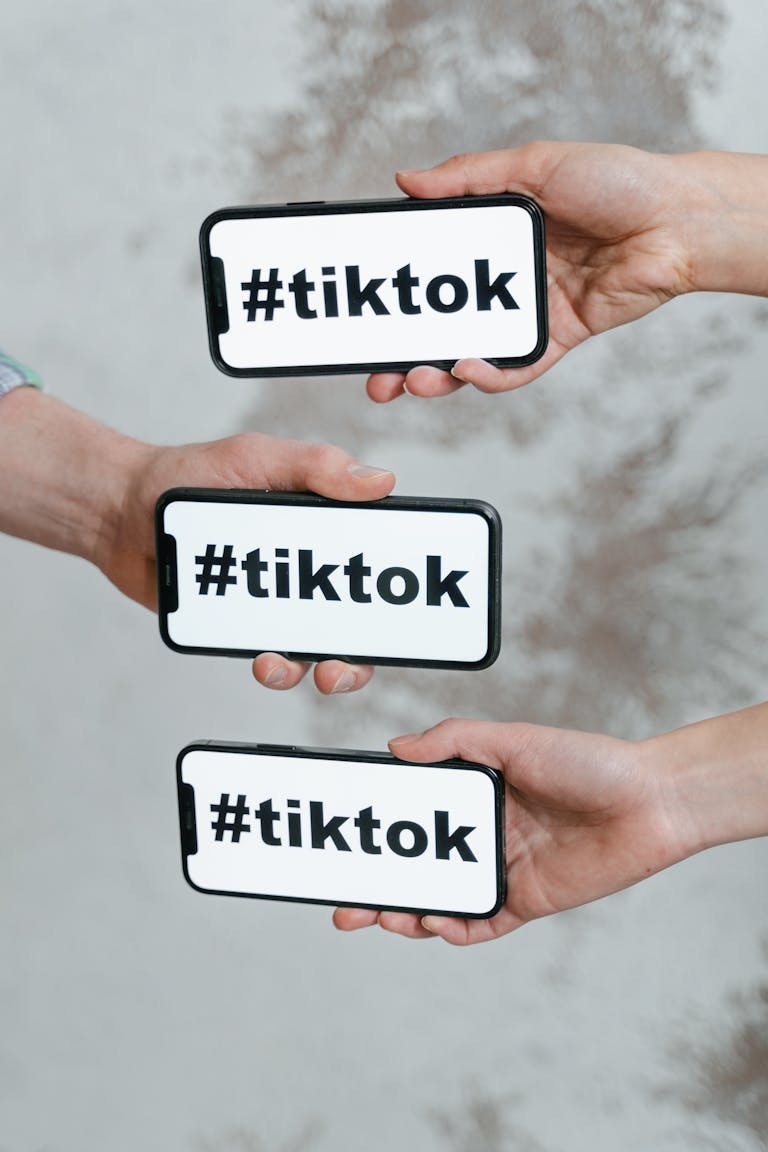Signs You’re Emotionally Burned Out: How to Recognize When You’ve Reached Your Limit
Introduction: When “Just Push Through” Stops Working
There was a time in my life when I thought feeling tired all the time was just normal. I believed that dragging myself through the day, feeling irritable and disconnected, was just part of being a responsible adult. “Everyone’s stressed, right?” I told myself.
But deep down, I knew something wasn’t right. I wasn’t just tired — I was emotionally burned out.
If you’ve been feeling drained, hopeless, or numb, you’re not alone. Emotional burnout is more common than ever, and recognizing it is the first, crucial step toward healing.
Let’s explore the real signs of emotional burnout — the ones you might be ignoring — and how to start reclaiming your energy, joy, and peace.
What Is Emotional Burnout?
Emotional burnout happens when your emotional reserves are completely depleted. It’s more than being stressed. It’s a deep, persistent exhaustion that affects your emotions, your thoughts, your body, and even your sense of purpose.
Unlike short-term stress that might come and go, emotional burnout builds up over time. It’s often the result of chronic stress from work, caregiving, relationships, or simply trying to cope with too much for too long without enough rest or support.
Major Signs You’re Emotionally Burned Out
You might think, “I’m just tired,” but emotional burnout goes much deeper. Here are some major signs to watch for:
1. Constant Fatigue — Even After Rest
You could sleep for ten hours and still wake up exhausted. Emotional burnout doesn’t get better with a nap or a weekend off because it’s not just physical — it’s emotional depletion.
2. Feeling Numb or Detached
You might notice that you’re going through the motions without really feeling anything. Things you used to love may now feel meaningless or draining. It’s like your emotional “volume” has been turned all the way down.
3. Increased Irritability and Cynicism
Little things that once rolled off your back now make you angry or resentful. You might feel cynical about your job, your relationships, or even life itself — a classic sign that your emotional resources are running dry.
4. Difficulty Concentrating
Burnout fogs your brain. You might find it hard to focus, forget appointments, or feel overwhelmed by simple tasks. This mental fatigue makes everything feel harder than it should.
5. Physical Symptoms
Emotional burnout often shows up in your body, too. Headaches, stomach issues, muscle tension, and frequent illnesses are all signs that your stress has crossed into physical territory.
6. Feeling Trapped or Hopeless
You may start to feel like nothing will ever change, that you’re stuck, or that there’s no way out of the situation that’s draining you. This deep sense of helplessness is one of the most painful symptoms of emotional burnout.
A Story You Might Relate To
I once had a friend named Rachel who loved her job as a teacher. She poured her heart into her students every day. But over time, the demands piled up. She stopped eating lunch, stopped going out with friends, and started saying, “I’m just tired, it’s no big deal.”
One day, she burst into tears during a routine meeting and couldn’t explain why. That moment was her wake-up call: she wasn’t “just tired.” She was burned out.
It took therapy, support, and a lot of small changes, but Rachel slowly reclaimed her life. Her story is a powerful reminder: burnout doesn’t mean you’re weak. It means you’ve been strong for too long without enough support.
Why We Miss the Signs
Often, emotional burnout creeps up so gradually that we don’t realize we’re in it. In a society that glorifies being “busy” and “productive,” admitting that you’re emotionally exhausted can feel like a failure.
But burnout isn’t a personal flaw. It’s a survival response. Your body and mind are trying to protect you by signaling that it’s time to slow down, to rest, to heal.
Listening to these signals isn’t selfish. It’s essential.
How to Start Healing from Emotional Burnout
Recognizing the signs is the first step. Here’s how you can begin to recover:
1. Give Yourself Permission to Rest
You don’t need to “earn” rest. You are allowed to rest simply because you are human and you matter. Start by carving out small moments of rest every day.
2. Set Clear Boundaries
Burnout often comes from saying “yes” too often. Practice saying “no” to things that drain you, even if it feels uncomfortable at first. Your energy is precious.
3. Reconnect with Joy
Even if it feels forced at first, try to reconnect with small things that once brought you joy: a favorite book, a walk in the park, a quiet cup of tea. These moments matter.
4. Seek Support
Talk to someone you trust — a friend, a family member, a therapist. Burnout thrives in isolation but shrinks when we share our struggles.
5. Reevaluate Your Commitments
Sometimes, bigger changes are necessary. Is your work environment toxic? Are you carrying too much emotional labor at home? Healing might require tough, courageous decisions about what you can realistically carry.
Conclusion: You Are Not Alone
Emotional burnout can make you feel isolated, broken, and hopeless. But you are not alone. You are not broken. And you are absolutely not weak for feeling this way.
Burnout is a call for compassion — not punishment.
By recognizing the signs and taking steps toward healing, you can rebuild your strength, reconnect with your passions, and remember that you are worthy of rest, care, and peace.
You deserve to feel whole again.
And you will.
Quick Summary
| Signs of Emotional Burnout | Healing Actions |
|---|---|
| Constant fatigue | Allow real rest |
| Emotional numbness | Reconnect with joy |
| Irritability, cynicism | Set healthy boundaries |
| Trouble concentrating | Seek support |
| Physical symptoms | Reevaluate commitments |
| Feeling hopeless | Choose self-compassion |






